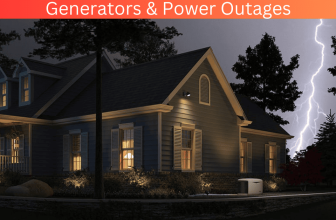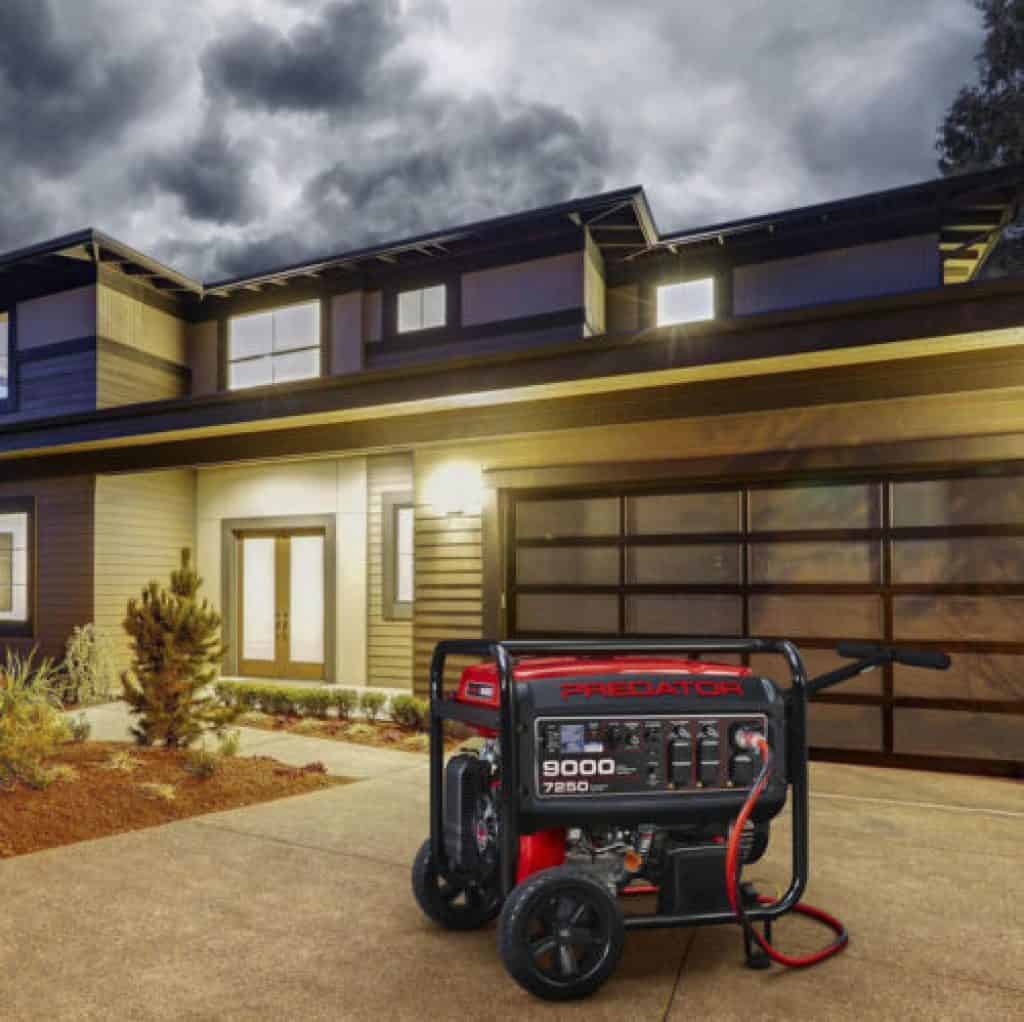
Emergencies don’t discriminate; they occur unexpectedly and can disrupt our lives entirely. As responsible individuals or families, we must prepare ourselves adequately for any eventualities concerning electricity supply.
Having backup power solutions such as portable generators offer much needed relief during such situations. However, deciding on which model of generator to purchase from the plethora available in stores today requires careful consideration. One that this article seeks to provide help with effectively.
We’ll explore different types of generators available (highlighting their advantages and disadvantages), fuel consumption, run time, and more to give you a well-rounded understanding of what factors to consider when selecting the best portable generator for your household.
Understanding The Role Of Portable Generators In Emergency Preparedness

(image credit: Paramount Power Systems)
The significance of owning a portable generator in times of crisis cannot be overstated. It has become an essential tool in providing electricity when experiencing power loss caused by natural disasters or emergency situations.
Purchasing one requires careful consideration based on pivotal factors like those outlined below.
Firstly, assessing individual household power requirements like evaluating how much wattage is required based on what items you plan on using with your generator is significant in determining an appropriate size during purchase.
For instance, powering larger appliances such as refrigerators/freezers necessitates greater wattage than merely running lights and small electronic devices around the house. Popular options among fuel sources used by portable generators include gasoline and propane. Choosing what type of fuel best fits your needs is significant.
When choosing a portable generator prioritizing safety features such as overload protection, low-oil shutoff and spark arrestors is crucial to maintain the generators durability. Additionally, look for models that are durable with sturdy frames, rubber feet that reduce vibration alongside handles for easy mobility.
Assessing Your Power Needs: The First Step In Choosing A Generator

Investing in an emergency generator is essential if you want peace of mind during uncertain times or natural disasters. But it’s not a decision that should be made lightly!
First things first: create a detailed list outlining all of the key appliances/devices that must continue operating during emergencies (think medical equipment as well as everyday household electronics like high efficiency refrigerators). Once this list has been established along with their respective power requirements (wattage), it’s time to begin researching different generator models.
Portable generators are generally a reliable option for most households thanks to their flexibility and affordability in comparison to fixed standby generators. However, it’s important to evaluate features like noise levels, fuel type and other safety considerations before making your final selection.
Navigating Different Types Of Portable Generators: Inverter, Conventional, And More
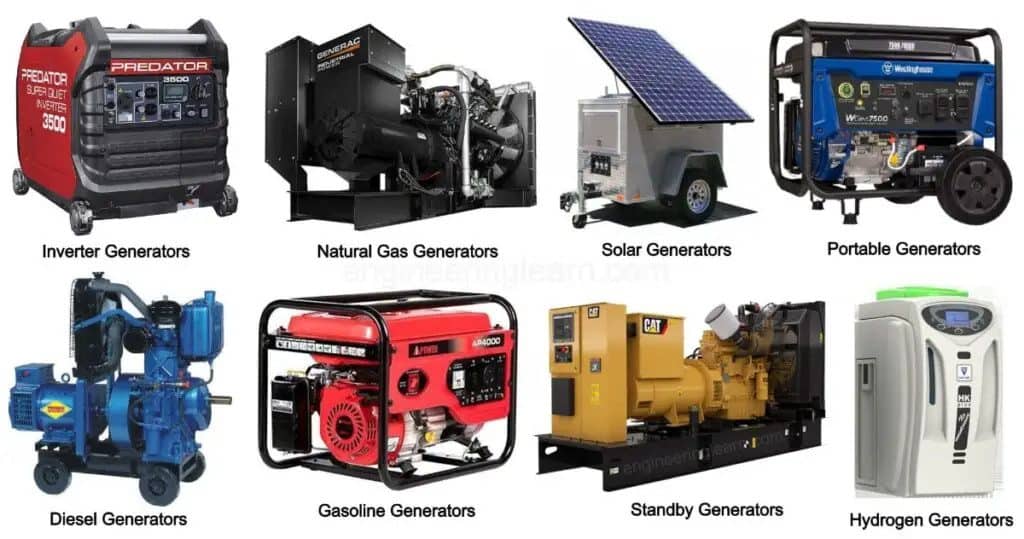
When shopping for portable generators its important not only to understand how they work but also what makes them different from one another. Inverters and traditional generators offer varying benefits as well as negatives depending on particular usage requirements and patterns.
Inverter generators generate clean energy that remains constant at all times at an expense – weighing less while using fuel more efficiently.
While possessing enhanced surge protection capabilities compared to traditional models, this feature comes at an extra cost compared with standard units. Traditional generator models offer increased raw output potential at lower initial investment costs comparatively. However, they come with more issues such as having heavier frames requiring additional space while lacking protective measures against surges or spikes in power delivery.
When choosing a portable generator for emergency circumstances, It is essential to examine your energy demands and appliance specifications beforehand to determine which generator makes the most sense.
Are you in need of a generator but unsure which type to invest in?
Inverter generators are becoming increasingly popular, thanks to their efficient operation and low noise levels compared to traditional models.
Inverters produce clean power with steady voltage and frequency as well as offer better surge protection against sudden spikes in electrical current. This makes them ideal for powering sensitive devices like laptops or phones. While they may be more expensive initially, inverters often pay off in the long run through reduced fuel consumption and maintenance costs.
On the other hand, conventional generators are known for their high output but lack surge protection features that could potentially expose your devices to damage.They also tend to be heavier and noisier than inverters – leading some users to opt for the latter instead.
Ultimately, it comes down to your personal preferences when deciding between inverter vs conventional generators; keep these factors in mind when making your choice!
Fuel Type: Gasoline, Diesel, Or Propane? Which Is Best For Emergencies?

When faced with emergencies that require electricity support from portable generators, choosing the appropriate type of fuel is paramount for safe and effective operation. Gasoline, diesel and propane have all proven beneficial in various ways depending on their specific characteristics.
Gasoline is frequently used because of its widespread availability and affordability. Nevertheless, storing gasoline requires special attention due to its high volatility and flammable nature. Moreover, gasoline engines require frequent maintenance compared to other engine types.
Diesel fuel costs more but has a longer shelf life, thanks to a higher flash point temperature that decreases ignition risks even at low temps. Additionally, its denser texture helps reduce the possibility of evaporation over time. However, starting up diesel generators in colder climates can pose challenges.
Propane reassures users with an unmatched level of safety since spillage or evaporation are never an issue as they are with petroleum based fuels like gasoline or diesel. Propane engines offer an excellent safety record, store well over time with reduced maintenance requirements compared to other fuel types. Yet, they remain more expensive than gasoline or diesel options creating access challenges for some individuals.
Gasoline stands out as an easy to find source of readily available fuel that’s inexpensive when refueling your generator frequently as it runs out quickly. It requires regular maintenance checks due to its highly flammable nature.
Diesel engines have garnered great popularity over time due to their long term shelf life making them less susceptible to evaporating gradually while having lower maintenance requirements. However, diesel supplies tend to be slightly higher in price compared to gasoline options while posing difficulties starting up during cold weather conditions.
It would be best if you considered your specific needs before picking your preferred fuel type so that you can get a reliable source of power when required, without fear of being stranded during emergencies or blackouts. Choosing the optimal option requires considering various factors like your finances, storage needs, and unique situation – all current and future possibilities included.
Generator Specifications: Unraveling The Mystery Of Watts, Volts, And Amps
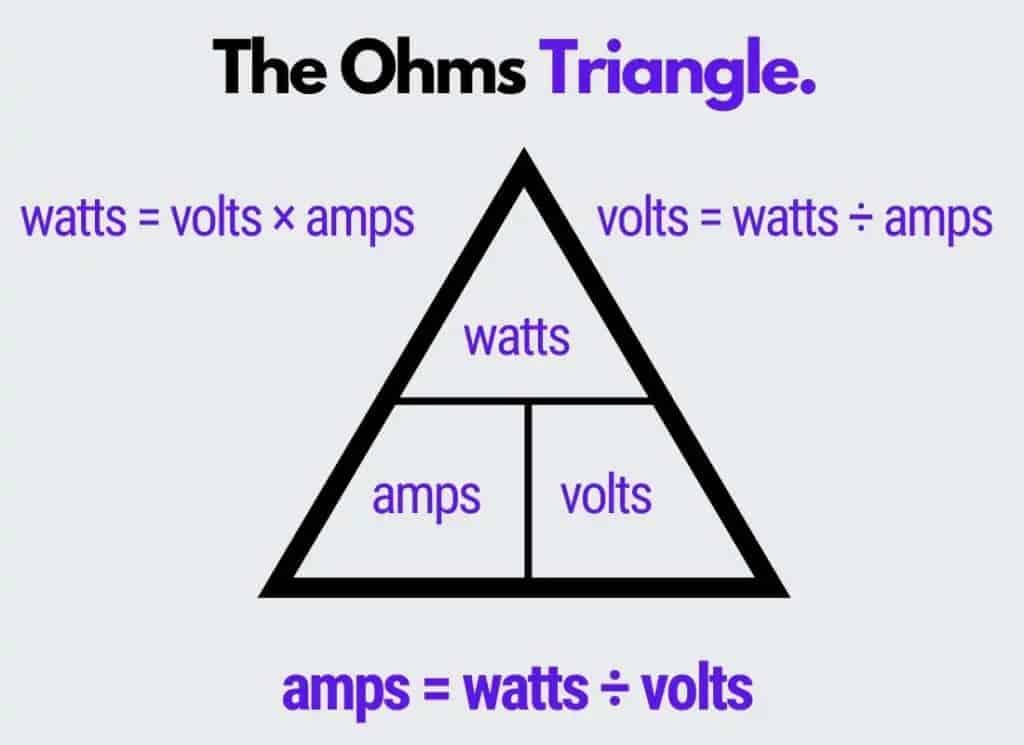
Ready to tackle emergency preparedness with ease?
Don’t let selecting a generator overwhelm you! By understanding just three key specifications: watts, volts and amps; you can easily determine which one is best suited for your needs.
Wattage should be taken into account when figuring out how much power an appliance or device uses and ultimately determining the size of portable generator required by totaling all wattages from each device that will be connected during usage.
If this falls within a range of 3000- 5000W then mid size may suffice.
Volts are another crucial element as most household appliances require around 120V in order to function optimally. So make sure your portable generator has this ability before any purchase is made!
Finally, amps measure electrical currents’ rate flow into device or appliance which can determine what size the generator needs to be.
With these simple concepts in mind, selecting the right portable generator has never been easier! For those who have been fortunate enough to receive higher education performing basic calculations and researching their power needs should come with ease.
With this knowledge in mind they can effortlessly discover a trustworthy unit that fulfills all their emergency preparedness requirements for electricity.
The Importance Of Noise Level In Emergency Situations

(image credit: RV Lifestyle)
When shopping for a portable generator model, selection shouldn’t only depend on energy production but also how quietly it operates under different loads. This is especially important when preparing for worst case scenarios. Loud generators can create unwanted attention or cause panic in crisis hit areas.
To find a suitable generator that satisfies energy requirements and meets the noise threshold, one needs to comprehend the effects of wattage, voltage, and amperage ratings on sound levels. Noise production hinges on the size, age, fuel type used, and output load ratio of a generator. Technological advancements have seen modern generators become quieter than previous models.
Higher noise levels are typically experienced when running at or around maximum capacity compared to lower capacities. Diesel-powered generators run more quietly than their gasoline counterparts due to their increased efficiency that results in fewer emissions. During an emergency every second counts, and you cannot afford any distractions or threats that could hamper your survival efforts.
One such factor that often gets overlooked while choosing a portable generator for emergency preparedness is its noise level.
A loud generator can compromise your safety by attracting unintended attention towards your location or cause unnecessary panic among people around you. To avoid such scenarios, it becomes imperative to invest in modern generators with low noise features and advanced outputs.
Portability And Size: Ensuring Your Generator Is Ready To Go When You Are

When it comes to being prepared for emergencies, having a portable generator is a must. But with so many options on the market, how do you know which one to choose? One of the most important factors to consider is portability. A lightweight and easy to move generator means you can quickly set it up wherever you need it.
And if you need to store it away make sure its small enough to fit in your vehicle or garage. Fuel type is another crucial consideration. Think about what fuel sources are readily available in your area. Some generators run on gasoline or diesel fuel while others use propane tanks.
You don’t want to be caught without power because you can’t access the right kind of fuel.
Another factor is how long your generator can run on a single tank of fuel. It is important to choose a generator that will provide enough power for as long as possible especially if you live in an area prone to natural disasters.
Lastly, safety features should never be overlooked when purchasing any kind of generator. Look for models with automatic shutoff switches and overload protection features that will shut down the engine if necessary.
Weather-Resistance And Durability: Prepping For All Kinds Of Emergencies

When preparing your home for emergencies, having a reliable source of power is essential. Purchasing a portable emergency generator involves considering its durability and ability to operate effectively under any circumstances.
There are specific features that must be considered while deciding upon buying one:
1) Weatherproof Housing: Generators require durable casing preventing water entry through rainwater/dew formation dust & debris entry helping it withstand varying climatic conditions
2) Corrosion-resistant materials: The material used in parts designed for resisting rust and corrosion preventing any damage over time impacts the generators longevity.
3) Anti-Vibration Mounts/Feet: Generators that come with rubber feet/mounts absorb vibrations while running reducing component strain and ensuring stability in every situation.
It is also good to purchase a generator with an automatic shutoff feature that turns off the engine if oil pressure drops too low or excessive heat buildup. It’s hard to overstate the significance of being prepared during emergency situations – especially ones where electricity might fail you.
If you’re searching for a quality portable generator as part of your disaster preparedness plan, make sure that durability is at the top of your list when considering options — high quality construction materials can mean the difference between being left powerless or not!
It’s also vital that any portable generators come equipped with features tailored specifically towards long term use in tough conditions – such as extensive warranties supported by manufacturers who stand behind their product 110%.
By being mindful about these factors while shopping around rest assured knowing that reliable power will never be far away.
Safety Features: Overload Protection, Automatic Shut-Off, And Carbon Monoxide Detection
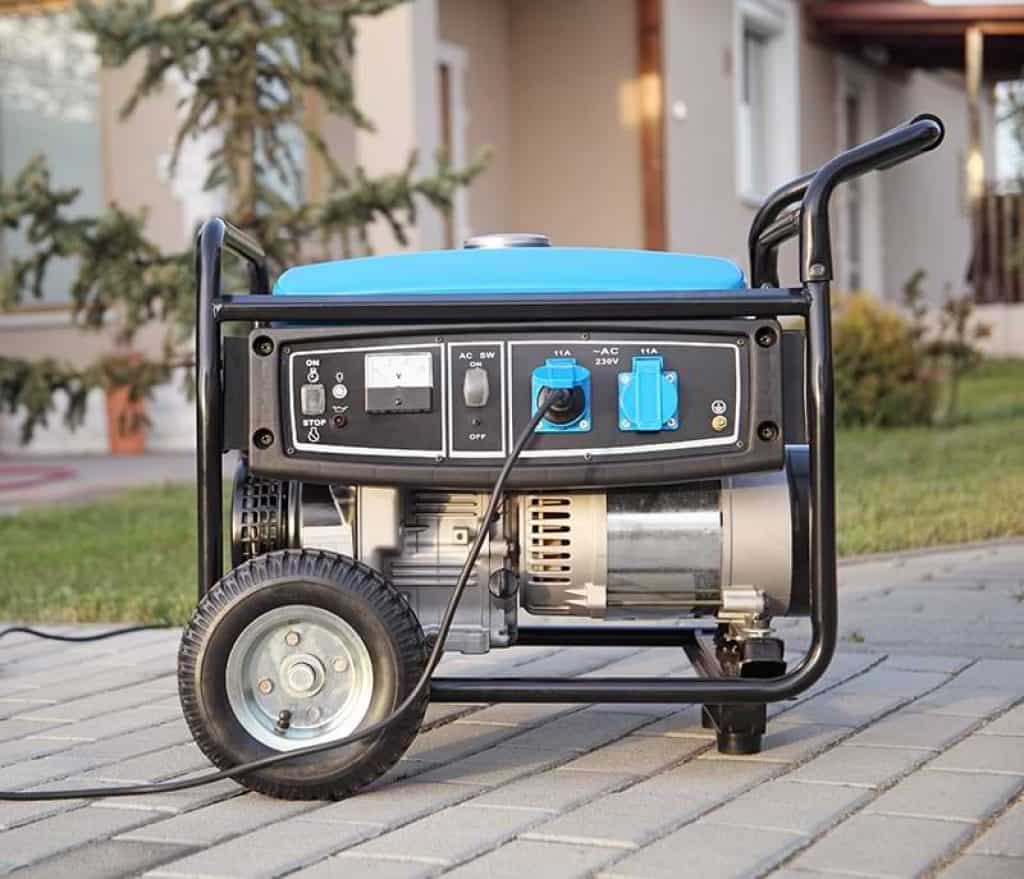
If you are shopping for a portable generator to cater for your emergency preparedness needs, choose one with both durability and weather resistant features and look out for any accompanying safety precautions. For instance, having overload protection is crucial as it restricts power usage and wattage output to within its capacity limits.
Additionally, an automatic shut off feature is invaluable if the engine stalls or overheats during use. The most important feature for ensuring your personal safety while using a generator indoors or in confined spaces is the carbon monoxide detector. Only go for models equipped with CO sensors that can warn you of possible exposure before it becomes potentially harmful to your health.
Although spending more money upfront on such safety features may seem unnecessary peace of mind is priceless during an emergency situation. In addition, installing these additional safety features can lead to long-term financial benefits by mitigating the need for potential generator repairs following operation.
Generator Maintenance: Keeping Your Emergency Lifeline Ready

Don’t let unexpected repair costs catch you off guard when an emergency strikes! Ensuring that your portable generator is well-maintained is crucial if you want to rely on it during difficult times.
You should check key components like the oil level frequently as well as ensure that any contaminants are kept out of the fuel system.
Follow manufacturer guidelines for oil changes and filter replacements too – this will help keep everything running smoothly over time.
Additionally, be diligent about inspecting parts such as belts or hoses which may become loose or cracked over time: fixing these issues early on can prevent more expensive problems down the line.
Finally, be sure to regularly exercise your generator so that its mechanisms remain lubricated and functioning properly even when its been sitting idle for a while.
Imagine being caught in an emergency situation without a functioning generator. The stress and inconvenience could be unbearable. That’s why taking proactive steps now can make all the difference.
By investing in your generator today, you’ll ensure that you’ll be ready for whatever comes your way.
Budget And Cost: Balancing Preparedness And Affordability
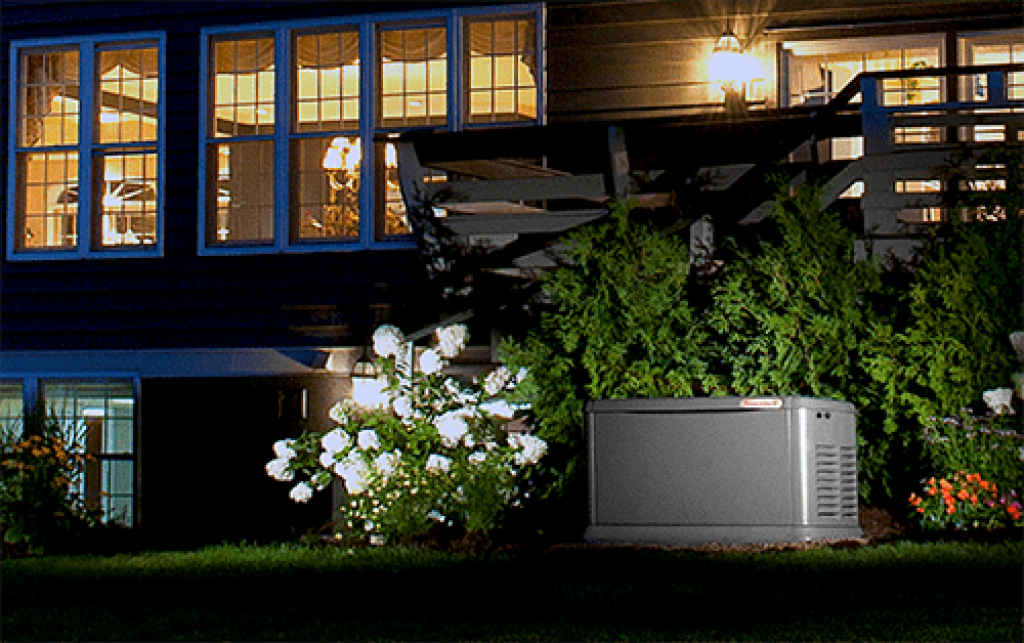
Emergency preparation can make life more comfortable and sometimes save lives altogether. However, financial constraints often make it challenging when purchasing materials or equipment necessary for disaster management. Everyone wants value for their money without denting their pockets too much.
One of the essential items people purchase is portable generators – although there are many considerations to weigh up before investing capital in them
Firstly, determine what features are required from your portable generator before proceeding to buy one. If for example, you are planning on powering medical equipment or appliances requiring more power, it is crucial to obtain a generator with higher wattage capabilities.
Other factors to consider include auxiliary costs such as fuel type and availability maintenance requirements that might influence its long term cost effectiveness and predicted running time on a single tank of fuel.
Additionally, it’s important to evaluate warranty coverage since it is key in limiting the cost of repairs or replacements if anything goes wrong with your generator.
Taken together, considering these essential issues before purchasing any generator ensures that you select one suitable for your budgetary restrictions while still providing enough power to keep you going during emergencies.
Manufacturer’s Warranty And Support: Protecting Your Purchase

Choosing the right portable generator can potentially save you loads of stress and money in unexpected emergency situations. Thus, checking the manufacturer’s warranty offering and support features are important during purchase evaluation.
You’ll want to choose a company that provides a warranty covering repair costs or replacements due to faulty parts in their generators – preferably also offering extended service plans as needed against unforeseen repairs’ expenses.
Quality customer service is always an important consideration when purchasing any product – more so with portable generators where potential safety concerns might arise from incorrect usage or failure to troubleshoot accurately.
Therefore, companies with reliable technical support infrastructures are essential too. Those that have knowledgeable team members ready to assist customers regarding installation processes, operating procedures for efficient power output delivery, and maintenance best practices selection.
Online resources like manuals or instructional videos should easily be accessed – to detailed guidance on the proper use of their equipment. This information is invaluable for optimal devices use maximization.
Thus, it’s prudent only opting for providers who offer both excellent warranty coverage and dependable overall after sales support services so customers can be more confident planning their critical power supply needs.
Finalizing Your Choice: Making An Informed Decision For Emergency Preparedness
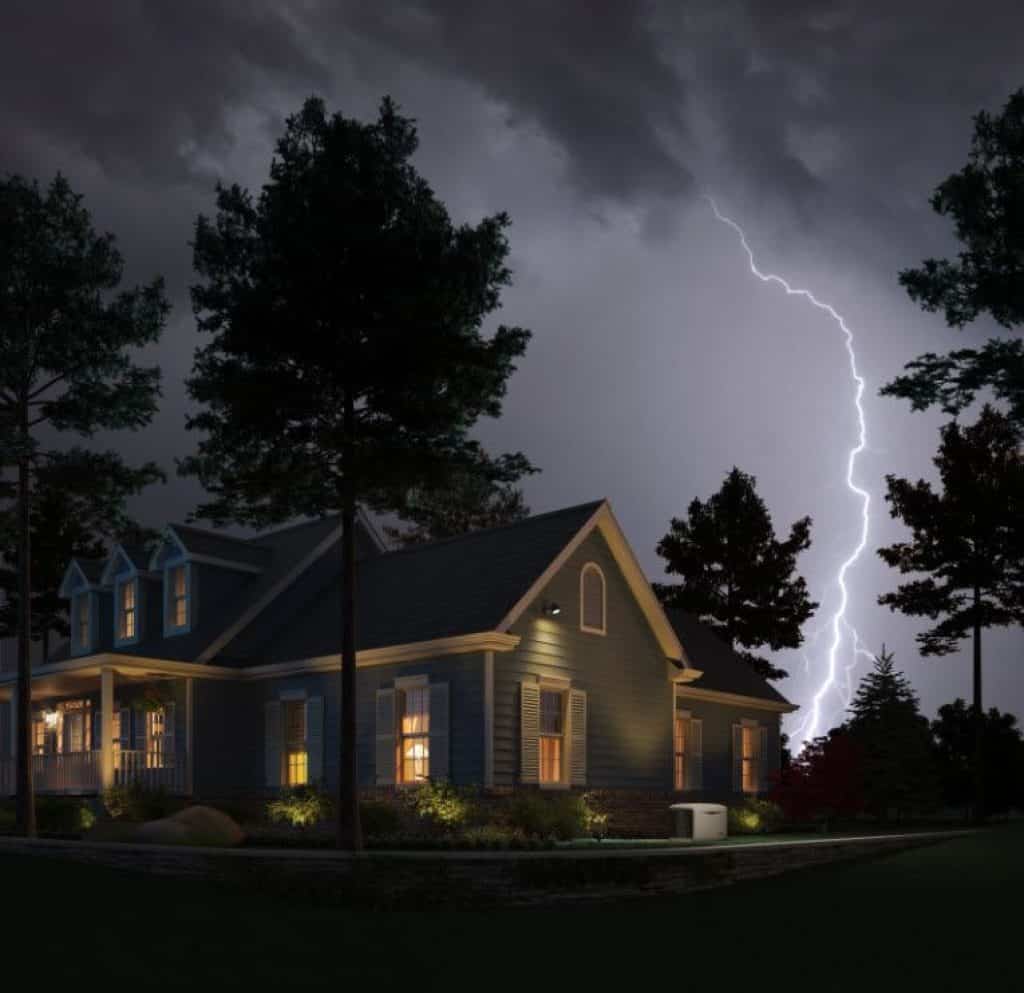
Investing in a portable generator for emergency preparedness requires thorough consideration of various factors that could impact its effectiveness should disaster strike.
One important consideration is the size and power requirements of your chosen model. One should carefully evaluate wattage ratings and voltage output to choose one that can handle anticipated loads.
Noise level, weight, safety features, and ease of use are also key concerns when choosing between models offering similar capacity. Choosing a loud or heavy generator could lead to practical problems during emergencies while lacking vital safety features may increase risks rather than mitigating them.
Make sure any unit you are considering has overload protection mechanisms as well as automatic shutoff capabilities in case of low oil levels or excessively high temperatures. Planning ahead is paramount when it comes to managing unexpected crisis events effectively- and having a reliable power source could prove incredibly crucial during such times.
Hence, why purchasing the right portable generator requires careful consideration.
Evaluating factors like ease of use features (such as digital displays) and controls will ensure seamless operation should an emergency arises. Investing in a model that aligns with your specific needs will provide reliable power solutions so you can focus on what matters most- protecting your loved ones.
Remember, prior preparation prevents poor performance.
Frequently Asked Questions
Will A Portable Generator Be Sufficient To Power A Full-Sized Home?
While having access to backup power during an emergency is crucial for ensuring safety and comfort at home. Relying solely on a portable generator may not always work out perfectly well in every situation.
Whether or not your choice of portable generator provides sufficient power will depend on factors like its size, wattage rating and type of appliance you intend to operate using it. High wattage appliances demand more energy than regular ones do!
By taking time to research and compare wattage ratings before purchasing you can make more informed decisions about the best generator for your needs.
Are There Any Environmental Regulations I Need To Be Aware Of When Using A Generator?
Generator use can have environmental implications if executed without consideration for regulations in place in certain areas.
Environmental rules regulating levels of noise and emissions produced by generators may exist depending on where you live; therefore, adhering to applicable guidelines is paramount to avoid legal repercussions or ecological harm caused by non compliance.
An EPA certified generator guarantees clean operation and meets safety standards.
How Easy Is It To Transport A Portable Generator?
For those seeking a portable generator transportability is a crucial factor to contemplate.
With the majority of models featuring handles and wheels transferring your generator shouldn’t be too demanding.
Still its imperative to check its weight beforehand so you don’t encounter any hurdles when transporting it.
What Safety Features Should I Look For In A Generator?
Purchasing a generator requires careful attention to safety features. One critical element is choosing a model with GFCI outlets that automatically turn off in the event of an overload or short circuit.
It is equally important to include low oil shut off sensors preventing potential engine damage in your search criteria. As many generators have soundproofing technologies designed for reduced noise levels and emissions, it is necessary to inspect these aspects before making your final decision regarding purchasing a generator.
Finally, make sure you understand any local regulations governing portable generator usage as strict guidelines exist in some regions.
How Often Should I Service My Generator?
As a responsible generator owner its vital to prioritize optimal machine performance by adhering strictly to regular maintenance schedules as recommended by experts.
Ensuring successful operation of your generator throughout its life span depends on accountable management through professional servicing appointments solely dedicated to managing generators.
Ideally, one should have their generator serviced yearly or every 100 hours of use – whichever comes first – in order to prevent any unforeseen malfunctions or shutdowns especially during emergencies where power supply can be critical.
During the scheduled service appointments qualified technicians carry out thorough inspections on key components such as oil and filter levels, air filters and fuel systems spark plugs as well an assessment of electrical connections for signs of corrosion.
Additionally, they test run the engine thoroughly ensuring smooth function.
Adhering responsibly to these routine maintenance measures can save you from unexpected breakdowns which could potentially disrupt vital power supply at times when its most needed.
Conclusion

Unpredictable events demand preparedness – which means having a suitable portable generator at hand is non negotiable. Whether facing a natural calamity or grid failure a backup energy source can mean the difference between life saving necessities or hazardous discomfort.
It’s paramount therefore to evaluate all aspects when choosing one: power supply adequacy, certainty on ecological guidelines, portability practicality, integrated security measures, and subsequent upkeep and repair demands.
By weighing these elements, you can confidently make a well informed decision on which generator will provide the reliable energy that you need in an emergency.



